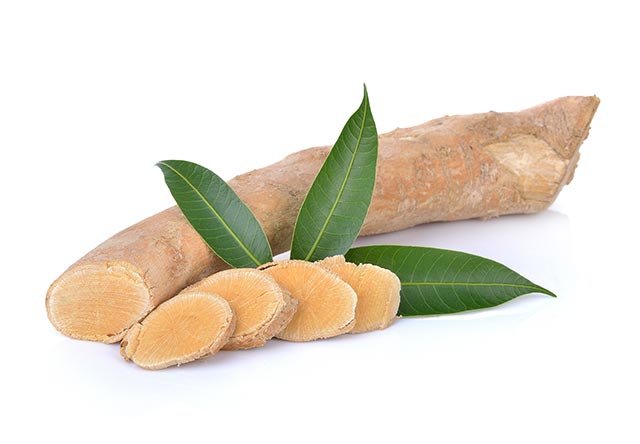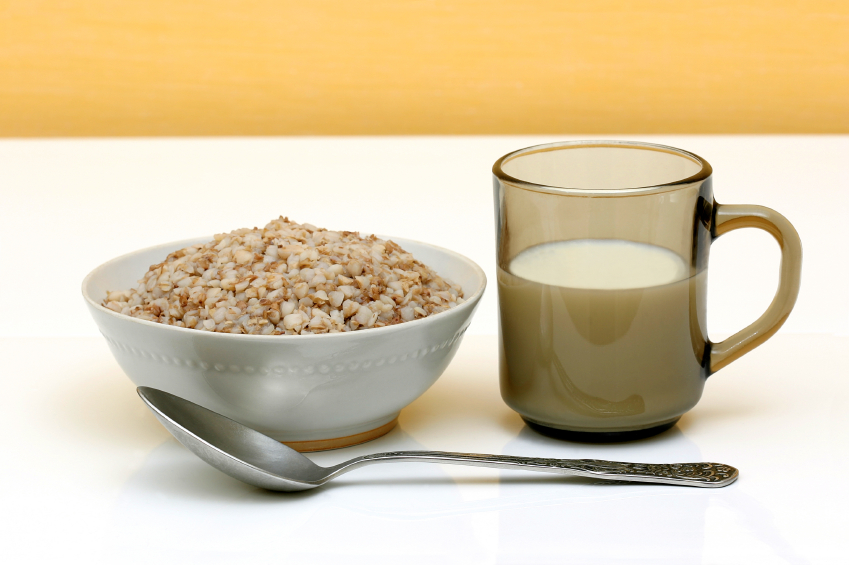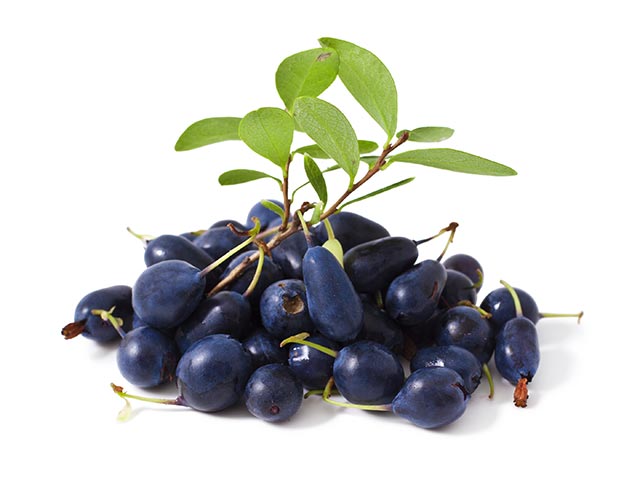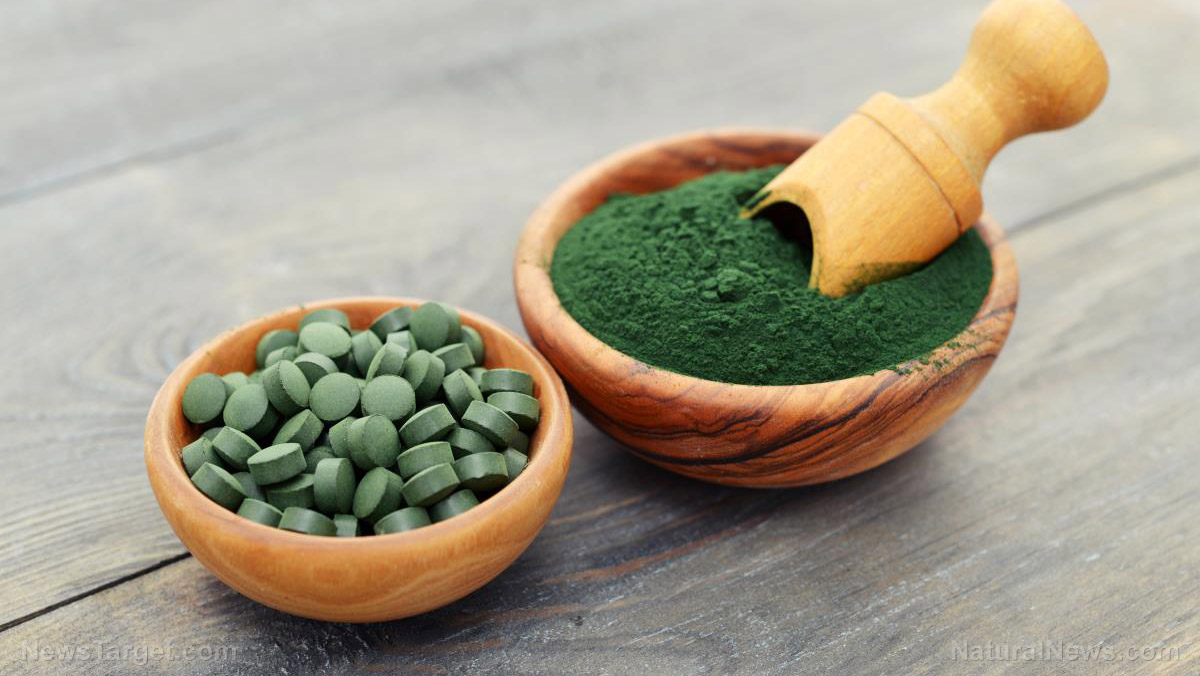Case study looks at pokeweed and its potential use as a complementary antiviral therapy
05/14/2019 / By Ralph Flores
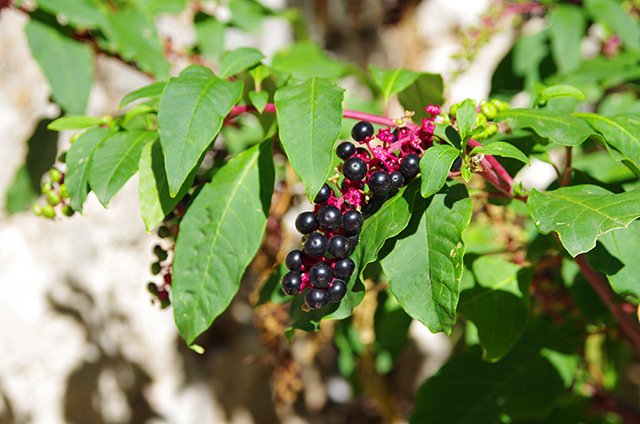
A recent case study published in the Journal of Herbal Medicine revealed that pokeweed (Phytolacca americana) can potentially be used as a complementary antiviral therapy for managing the symptoms of Japanese encephalitis infection. The study was conducted by researchers from India.
- The case presented was that of a 42-year-old male patient diagnosed with a Japanese encephalitis virus (JEV) infection. At the time of the study, the patient was undergoing intensive care treatment and had already stopped responding to conventional therapy
- For the treatment, researchers orally administered two drops of pokeweed tincture. The patient was given this treatment thrice every day together with conventional therapy.
- Researchers noticed that the patient gradually recovered following the treatment and was discharged with neurological sequelae after two months.
- The antiviral activity of pokeweed was also investigated in silico. This revealed that the antiviral proteins in pokeweed, reported in earlier studies to inhibit viral RNA synthesis, had an affinity to JEV’s non-structural protein (NS5) through protein-protein docking.
- In addition, esculentic acid — a compound in pokeweed — also had a strong affinity to both NS3 and NS5 of JEV. It also inhibited multiple targets, which indicated potent antiviral action.
The researchers concluded that pokeweed can be used against JEV infections, considering the manner by which phytoconstituents of pokeweed interfered with JEV proteins.
Journal Reference:
Chaudhury HC, Panda AK, Behera SK, Mohanty M, Subudhi BB. Case report on recovery from Japanese encephalitis virus infection by complementary use of phytolacca-mother tincture and in silico analysis. Journal of Herbal Medicine. December 2018;14:22–28. DOI: 10.1016/j.hermed.2018.10.001
Tagged Under: adjunct, alternative medicine, antiviral, brain health, conventional therapy, disease treatments, esculentic acid, herbal medicine, Herbs, immune system, inflammation, Japanese encephalitis, JEV infections, natural cures, natural medicine, phytochemicals, pokeweed, remedies, research, viral infection, virus


